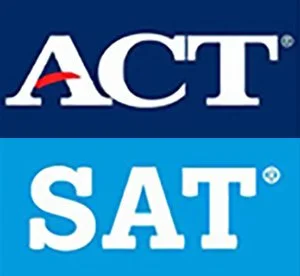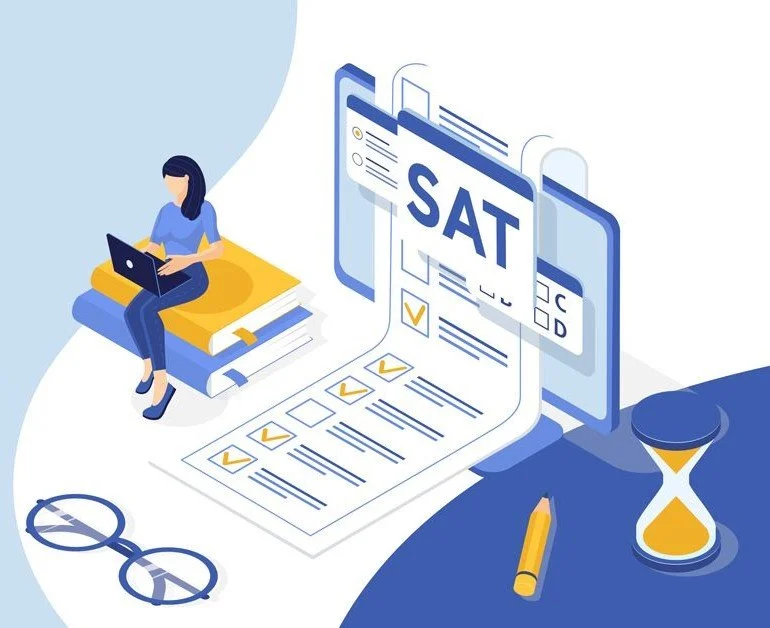College admissions is a step-oriented process with numerous deadlines. Since prospective students are often juggling college applications alongside high school classes and activities, it's easy to fall behind or procrastinate.
But a well-thought-out plan, anchored by a few organizational tips, can keep students on track with college applications. Check out these expert recommendations for how students can keep delays from undermining their college ambitions:
Start planning early for college applications.
Create a detailed timeline for college applications.
Ask for letters of recommendation early.
Budget time for application essays.
Allow adequate time to prepare other admissions materials.
Start Planning Early for College Applications
College application deadlines vary, so students may be juggling different dates depending on their target schools. While regular decision deadlines arrive sometime in January, early action and early decision deadlines are traditionally in November. Identifying a specific admissions avenue is important to keep students on task, experts say.
"I think one of the best things particularly a senior in high school can do is to really clearly define what their choice set is," says Brian Troyer, dean of undergraduate admissions at Marquette University in Wisconsin. "I know a lot of college counselors, counselors within high schools, would encourage students to begin narrowing their list between their junior and their senior year. Hopefully, a student isn't having to navigate 20 different institutions' application timelines."
Though high school students often begin trimming their list of schools down and writing essays in the summer before their senior year, many application tasks also arise during their junior year, such as taking the ACT or SAT and visiting campuses, says Angela Warfield, principal consultant and founder at admissions consulting firm Compass Academics.
"If students use their Junior year to explore college selection, they will have a clear sense of schools (based on their scores, major plans, culture, location, cost, etc.)," she wrote in an email. "This will allow them to feel confident adding colleges to their Common App and beginning the process of creating an application timeline for each school on their list."
She adds that students who fail to plan accordingly "often find themselves in panic mode."
Create a Detailed Timeline for College Applications
Keeping track of the many requirements in the college admissions process can be simplified by creating a list of when those tasks come due, experts say. For example, Hafeez Lakhani – founder and president of Lakhani Coaching – says his admissions firm creates a customized spreadsheet for each client that breaks down application tasks and timelines.
Creating a spreadsheet with admissions tasks can help students clearly see what needs to be accomplished and work toward those goals. Setting up reminders on a digital calendar around certain dates can also help, experts say.
"Dates to consider include: application deadlines, testing date/score submissions deadlines, dates for recommenders to submit letters of support, and important scholarship deadlines," Warfield wrote in an email.
She notes that students should also include Oct. 1 on their calendars, which is the date the Free Application for Federal Student Aid – which is required for federal and often state and institutional financial aid – becomes available each year.
Ask for Letters of Recommendation Early
Asking for a letter of recommendation well in advance can help students avoid falling behind in the admissions process, experts say, noting this as a common pitfall for college applicants. High school counselors and teachers often juggle multiple requests for letters of recommendation and need time to write and personalize each one.
"I don't think it's fair to give recommenders less than four weeks to write their letters," Lakhani says.
Generally, the more time teachers or counselors have, the more personalized they can make such letters. And these letters are important in the admissions process, Troyer says, because colleges value the insights they share.
"I think it's important that students and families know we really do care about these, we like to read them and I think they have to recognize that counselors and teachers put a lot of thought or want to put a lot of thought into each individually tailored letter of recommendation," Troyer says.
Budget Time for Application Essays
Writing college essays is another area where students should allow themselves ample time.
Lakhani says students often procrastinate on admissions essays because they are "intimidated by the blank page."
But these narratives are highly valued by admissions committees where an essay may be the only writing sample a college sees for a student. While essays often aren't make or break, a strong essay can elevate a student's odds of admission. On the flip side, a sloppy or poorly written essay can make a college question an applicant's dedication.
Students should set aside time not only to write the essay but also to brainstorm the topic in advance, experts say.
"We never encourage students to write essays overnight," Lakhani says. He urges students to keep revising, tweaking and perfecting until they've fine-tuned their admissions essay.
"Think of our first drafts as gateways to get to better drafts," he advises.
Allow Adequate Time to Prepare Other Admissions Materials
A high school transcript and activities list are among the other admissions materials commonly needed for college applications. Troyer notes that the turnaround time for high school transcripts may vary, so students should check with their counselors on what to expect and allow a minimum of one week for these materials.
Developing an activities list can be another challenge. While this list is student-dependent, experts say they should think carefully about it and highlight activities that they feel reflect their interests and ambitions.
Students may also want to get a jump-start on the Common App, a popular application portal, as soon as it opens on Aug. 1.
But ultimately, students should remember to prioritize requests for items that depend on others, says Warfield.
"We usually advise that students prioritize the items outside of their control first: letters of recommendation, transcript requests, and (test) score reports. These can often be delayed through no fault of the applicant, so being on top of these requests first will ensure that there is plenty of time for the schools to receive a complete application."




















